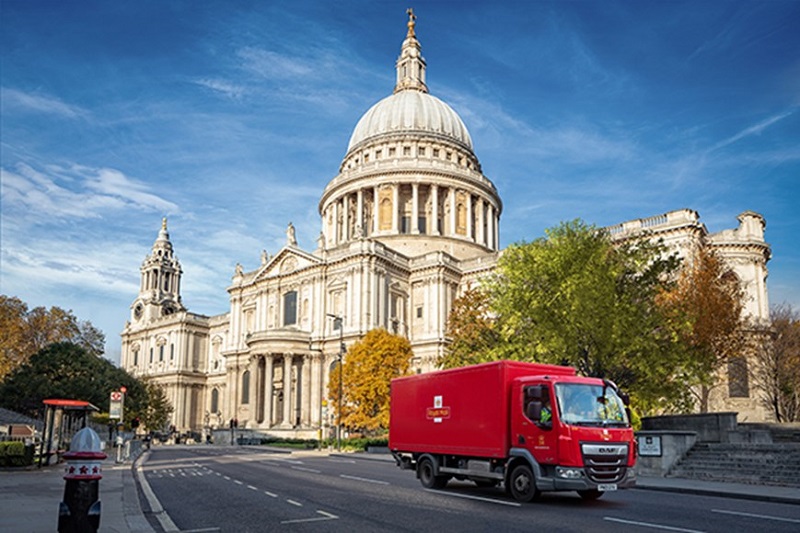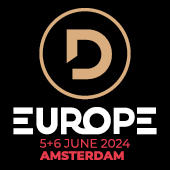London tackles congestion and emissions with collaborative ‘out of home’ delivery scheme

A pioneering collaborative ‘out of home’ last-mile delivery scheme to help reduce emissions and congestion in London is set to launch on a test basis early next year, according to the project’s founder.
The innovative scheme would see public authorities, delivery companies and other stakeholders working together to create a carrier-neutral open network of PUDO points (lockers and parcel shops) where consumers could collect and return e-commerce parcels, Alan Barrie, founding director of Delivering London (DL), told the recent Parcel + Post-Expo conference in Vienna.
The ambitious project is designed to tackle both traffic congestion and environmental impacts as the volume of parcels delivered in the British capital rises rapidly from about 500 million a year pre-pandemic towards an estimated one billion by 2030.
Too many vans
With more than 25,000 vans already on London’s roads (including 9,000 Royal Mail vehicles), public authorities in London are alarmed by the prospect of even more delivery vehicles (whether electric or conventional) in the coming years, as well as the overall environmental impact.
“In the view of London authorities, a van is a van is a van,” Barrie declared. “Just converting what we do today to greener ways of doing it will not be enough.”
Collaborating for consumers
In response, Delivering London was set up with the support of Transport for London (TfL) to enhance customer choice by creating a variety of ‘Out of Home’ delivery solutions through a collaborative effort with key stakeholders, including industry partners.
Barrie, a former Royal Mail director, stressed: “The industry needs to collaborate. It has to work together in the interests of consumers.” He added: “Collaboration also needs to reach beyond industry players as local authority support is essential for success.”
Greener OOH solutions
The basic idea behind the scheme is that consolidated deliveries to PUDO points – either lockers or parcel shops – are more sustainable than home deliveries by significantly reducing CO2 emissions per parcel and involving fewer road journeys, thus reducing congestion.
According to DL’s research, delivery vans would drive more than 320 million km a year in London by 2030 on the current growth trajectory but this could be reduced by about 76m km pa due to consolidation effects.
Barrie said London needed a “massive expansion” of Out of Home delivery options in order to aim for 50-50 split between home and OOH deliveries in future compared to about 90% home and just 10% PUDO at present.
Positive consumer response
DL’s concept of setting up a dense, environmentally friendly OOH network in each London borough (local district) had also been well-received in consumer research, he underlined.
“The answer must be consumer-driven,” he emphasised. “People say: “Yes, if you build it, we will use it.” He pointed out: “Only 3% of consumers believe they are given clear, green options today.”
Hyperlocal PUDO points
Delivering London plans to set up a ‘hyperlocal OOH network’ with PUDO points ideally 250-400 metres away from people’s homes where any carrier could deliver or collect parcels. “It will have to be hyperlocal. It needs to be an open network so all carriers can access it,” Barrie explained.
The next stage will be to launch extensive trials with a major carrier in three London boroughs early in 2022, with 250 PUDO locations in selected postcodes of each borough.
The long-term vision would be to create similarly-sized networks in all of the capital’s 32 boroughs over the coming year. “It’s ambitious but that’s what we are aiming for,” Barrie commented.
The aim of delivering parcels to 10,000 PUDO locations instead of 3.5 million homes would be “a massive change” as well as a major step towards reducing congestion and emissions in London, he concluded.


